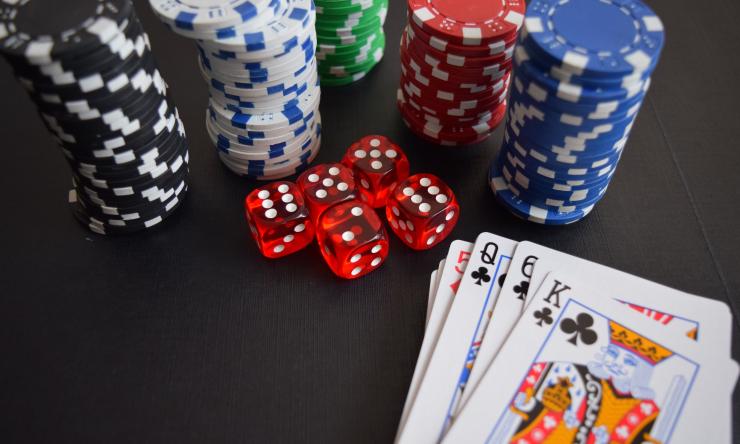When gambling becomes an addiction
Gambling can be a harmless hobby or a serious addiction. While gambling addicts are at risk of losing everything, the uncontrollable urge to continue keeps them going, often leading to compulsion. A Baylor College of Medicine expert explains the psychology behind gambling, pointing out clear warning signs of addiction.
Gambling, like any other addiction, stimulates the brain’s reward center. It brings a sense of happiness and reward, resulting in a rush that incentivizes continuous gambling.
“In our brain, the centers involved with gambling addiction are the same centers involved with substance addiction. The warning signs can be the same as any addiction,” said Dr. Asim Shah, professor and executive vice chair in the Menninger Department of Psychiatry and Behavioral Sciences at Baylor.
Individuals who gamble are classified among three common groups:
- Professional gambler: skilled gamblers who demonstrate self-control, patience and rational thinking.
- Social gambler: people who spend a moderate amount of time and money in casinos or enjoy occasionally making bets.
- Problem gambler: compulsive gamblers who rely on gambling for their livelihood, with no self-control or willingness to stop.
Problem gamblers often believe they are professionals or convince themselves of being social gamblers. Warning signs of gambling addiction include:
- Becoming restless or edgy
- Feeling helpless and hopeless
- Maxing out credit cards
- Gambling more to recover the money lost
- Having people tell you to cut back
- Lying/attempting to hide the problem
Shah outlines the four phases of gambling: wining, losing, desperation and hopelessness. In the first phase, gamblers feel euphoria after winning and spend more money to feel that rush again. After eventually losing, they feel desperation and continue to gamble to try to recover the losses. Finally, after repeatedly losing, a sense of hopelessness overcomes the gambler. This is the vicious cycle addicts experience if they fail to get help.
“People can end up losing everything they have. It’s not easy to change the habit,” Shah said.
Compulsive gamblers can eventually lose their home, job, family and all belongings. The addiction can lead to substance use, relationship problems and severe depression.
If a loved one portrays characteristics of addiction, take them to a professional who specializes in gambling addiction. Some medications that treat obsessive compulsiveness can be used to treat gambling addiction. Encourage them to visit gambling prevention centers and self-help groups. Talk to a professional to learn more about treatment options.










